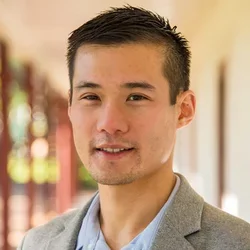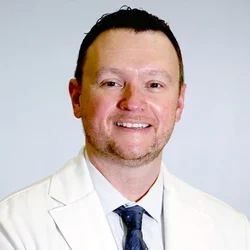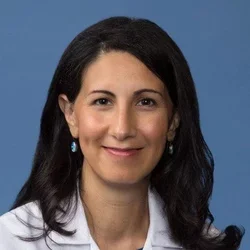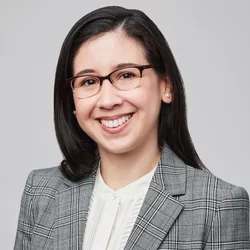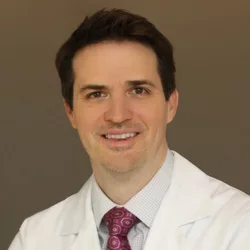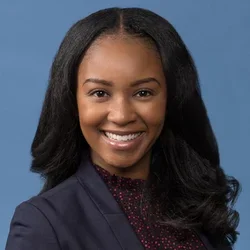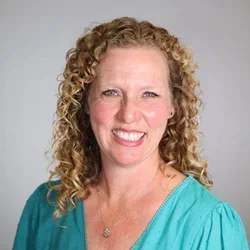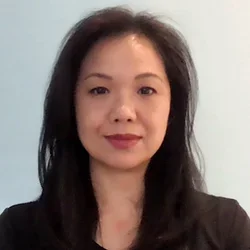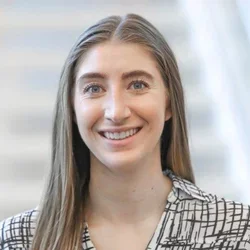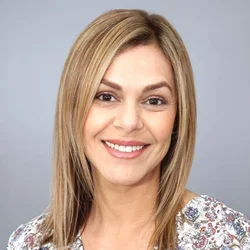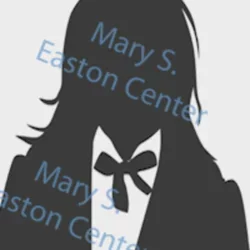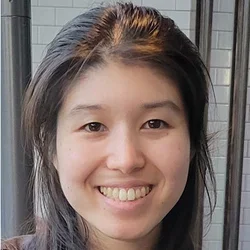California Alzheimer's Disease Center
California Alzheimer's Disease Center (CADC)
The California Alzheimer’s Disease Research Centers (CADCs) are a statewide network of ten centers supported by the California Department of Public Health. The goal of the CADCs is to provide outstanding clinical services to persons with Alzheimer's disease (AD) and Alzheimer's disease-related dementias (ADRD) and their families and to collaborate to establish contemporary standards for dementia care across the state and beyond. The CADC leadership meets monthly to provide updates, discuss current issues in dementia care, and provide an advance to the California Department of Public Health, California Department of Health Care Services, and the Governor’s office.
Activities of the UCLA CADC include:
-
Provide clinical evaluations to new patients with a memory or other cognitive complaint. Patients are evaluated and treated in either the UCLA Westwood Memory Clinic or the UCLA Olive View Medical Center (OVMC) Memory Disorders Clinic. Both sites serve a large population of underrepresented groups. Patients at OVMC are primarily from the North San Fernando Valley. 75% identify as Hispanic/Latinx.
-
Provide follow up care including making treatment recommendations, family and caregiver support and service referrals.
-
Provide clinical neuropsychological evaluations to older adults to assess for cognitive impairment (e.g., mild cognitive impairment, dementia, etc.).
-
Collect Clinical Care Information Initial and Follow-Up forms and submit to the California Department of Public Health for monitoring purposes.
-
Train doctoral students and postdoctoral fellows (PhDs) in the provision of neuropsychological assessments to older adults.
-
Provide dementia education and training to neurology residents, medical and nursing students, providers within the CADC, and greater UCLA community.
-
Hold monthly dementia seminar (Dementia Colloquium) for trainees of all levels, including basic scientists and clinicians.
-
Create and disseminate a quarterly Easton Center Newsletter.
-
Provide lectures for community based organization leadership and staff addressing topics on AD/ADRD clinical information and research updates.
-
Provide lectures to the community at large in cooperation with UCLA Health and UCLA 50+ Program, local community based organizations, faith based organizations, and at community aging events.
-
Provide education at community forums and health education fairs.
-
Provide information and access to support groups to caregivers. UCLA currently offers caregiver support groups for the following groups: young adult children caregivers; adult children caregivers; caregivers of patients with AD, (5 groups, including one for early-onset AD and one in Spanish); caregivers of patients with FTD; and caregivers of patients with DLB.
-
Provide educational lecture series to the support groups listed above.
-
Expand educational outreach to the Greater Los Angeles Chinese community, in collaboration with Alzheimer's Los Angeles and other community based organizations.
-
Build greater ties to the greater Los Angeles Black/African American community by partnering with Alzheimer's Los Angeles and other community based and faith based organizations.
-
Collaborate with Alzheimer's Los Angeles to carry out events for Latinx caregivers or the general community about AD and ADRDs.
-
Collaborate with sister CADCs to create and produce a Primary Care ToolKit and disseminate the Toolkit to primary care providers, and assess the educational effectiveness of the Toolkit.
-
Create case-based dementia webinar for primary care providers and trainees, incorporating the Toolkit and California Guideline for AD Management, assess the effectiveness of the webinar, and disseminate and implement the California Guideline for AD Management to professional and community groups.
UCLA CADC Team Members
